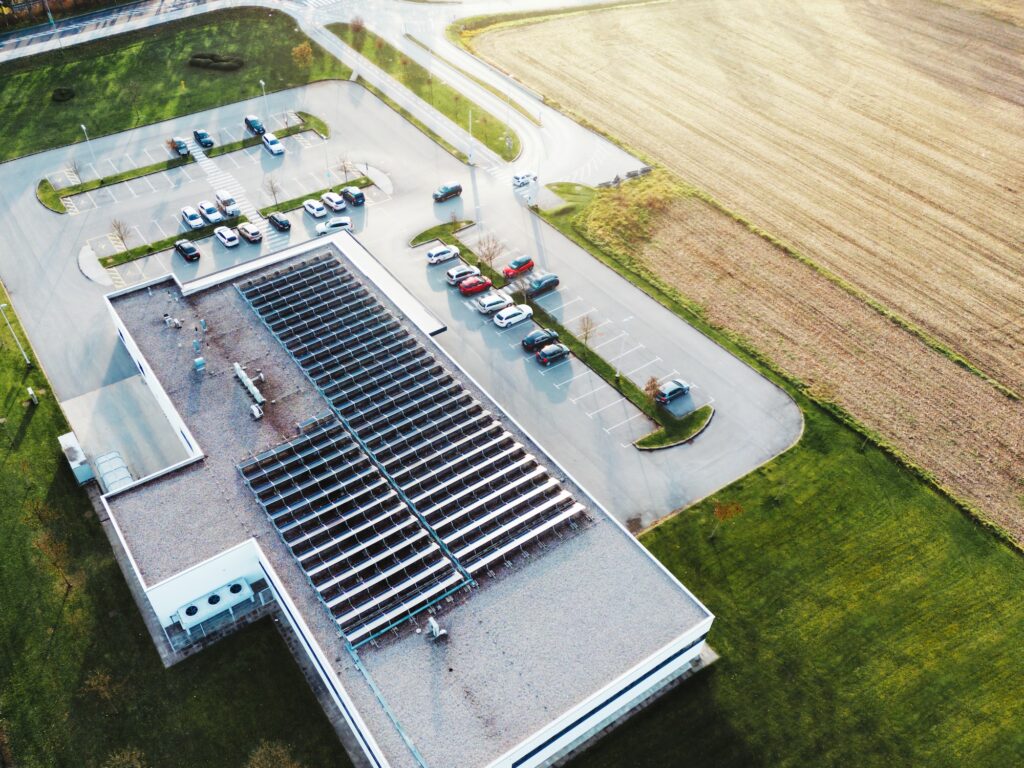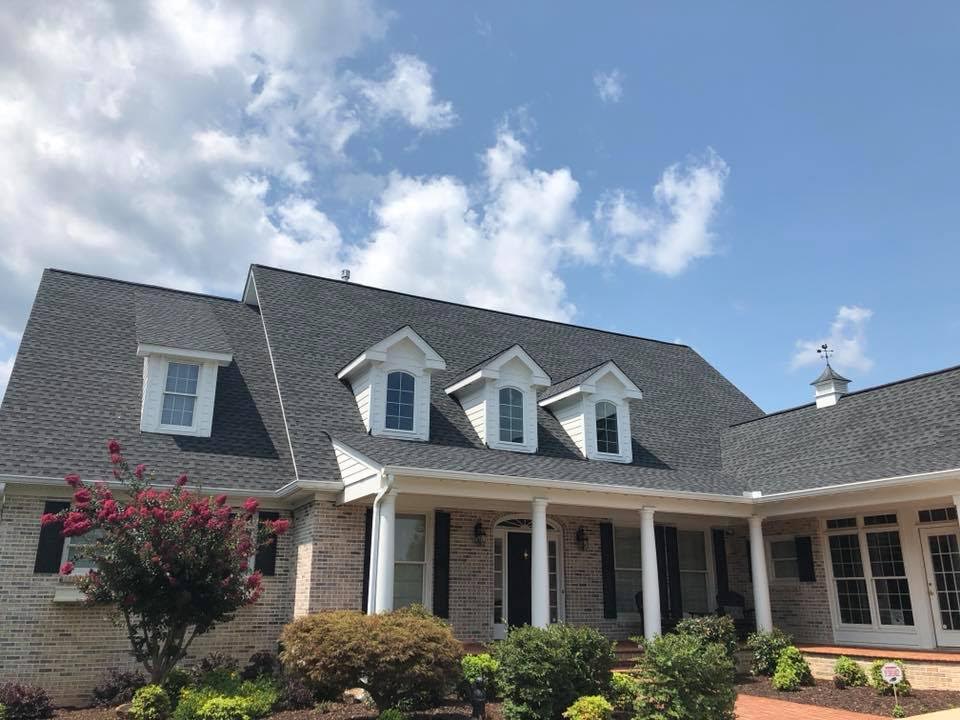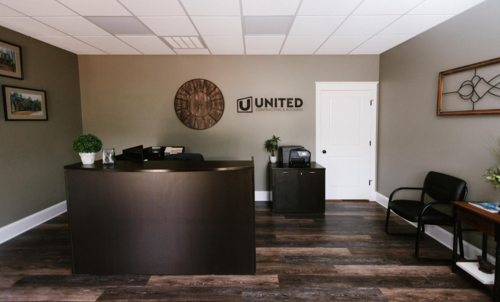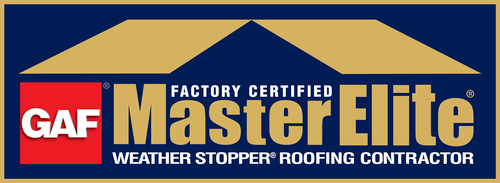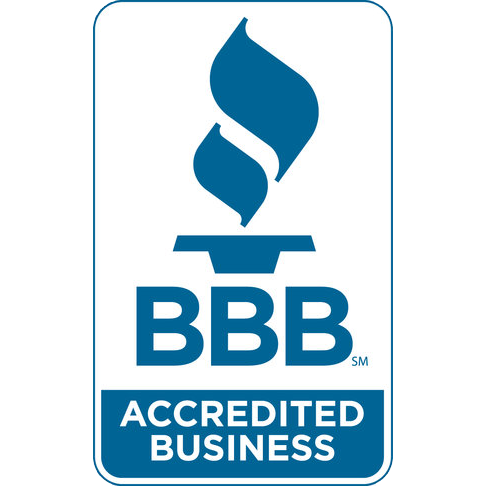Synthetic slate has become an increasingly popular alternative to natural slate, offering several advantages while mimicking the appearance of natural slate. Here’s a comparison of synthetic and natural slate in the context of Alpharetta’s climate:
Synthetic Slate: Pros:
- Lightweight: Doesn’t require additional structural support.
- Lower cost: More affordable than natural slate.
- Easy installation: Can be installed by contractors familiar with asphalt shingles.
- Consistent appearance: Uniform color and texture.
- Impact resistance: Many synthetic slates are highly resistant to hail and falling branches.
- Low maintenance: Requires minimal upkeep.
- Warranty: Often comes with long manufacturer warranties.
Cons:
- Shorter lifespan: Typically lasts 40-50 years, less than natural slate.
- Less authentic appearance: While improving, it may not perfectly mimic natural slate.
- Potential fading: Some products may fade over time, especially darker colors.
- Environmental concerns: Made from petroleum products and not biodegradable.
Natural Slate: Pros:
- Longevity: Can last 100+ years with proper maintenance.
- Authentic appearance: Unmatched aesthetic appeal.
- Increased home value: Can significantly boost property value.
- Fire resistance: Excellent fire-resistant properties.
- Weather resistance: Superior performance in all weather conditions.
- Environmentally friendly: Natural, recyclable material.
Cons:
- Weight: Requires strong structural support, which may need home modifications.
- High cost: One of the most expensive roofing options.
- Installation complexity: Requires specialized skills and experience.
- Fragility: Individual slates can crack if walked on improperly.
Performance in Alpharetta’s climate: Both synthetic and natural slate perform well in Alpharetta’s climate, offering:
- Excellent water shedding capabilities for rainy periods
- Good heat reflection, potentially improving energy efficiency
- Resistance to wind damage
- Ability to withstand UV exposure without significant degradation
Natural slate has a slight edge in longevity and weather resistance, but synthetic slate offers comparable performance at a lower cost and weight. Considerations for Alpharetta homeowners:
- Budget: Evaluate long-term cost versus initial investment.
- Home structure: Assess if your home can support natural slate or if synthetic is a better option.
- Aesthetics: Consider how each material fits with your home’s style and neighborhood.
- Maintenance: While both are low-maintenance, natural slate may require more careful handling during any roof work.
- Installation: Ensure you hire contractors experienced with the specific material you choose.
- Warranty: Compare warranty terms, especially for synthetic products.
- Energy efficiency: Both materials can contribute to energy efficiency, but some synthetic slates are specifically designed for enhanced energy performance.
Both synthetic and natural slate can be excellent choices for Alpharetta homes, offering durability and attractive aesthetics. The choice often comes down to budget, home structure, and personal preferences regarding authenticity versus practicality.
